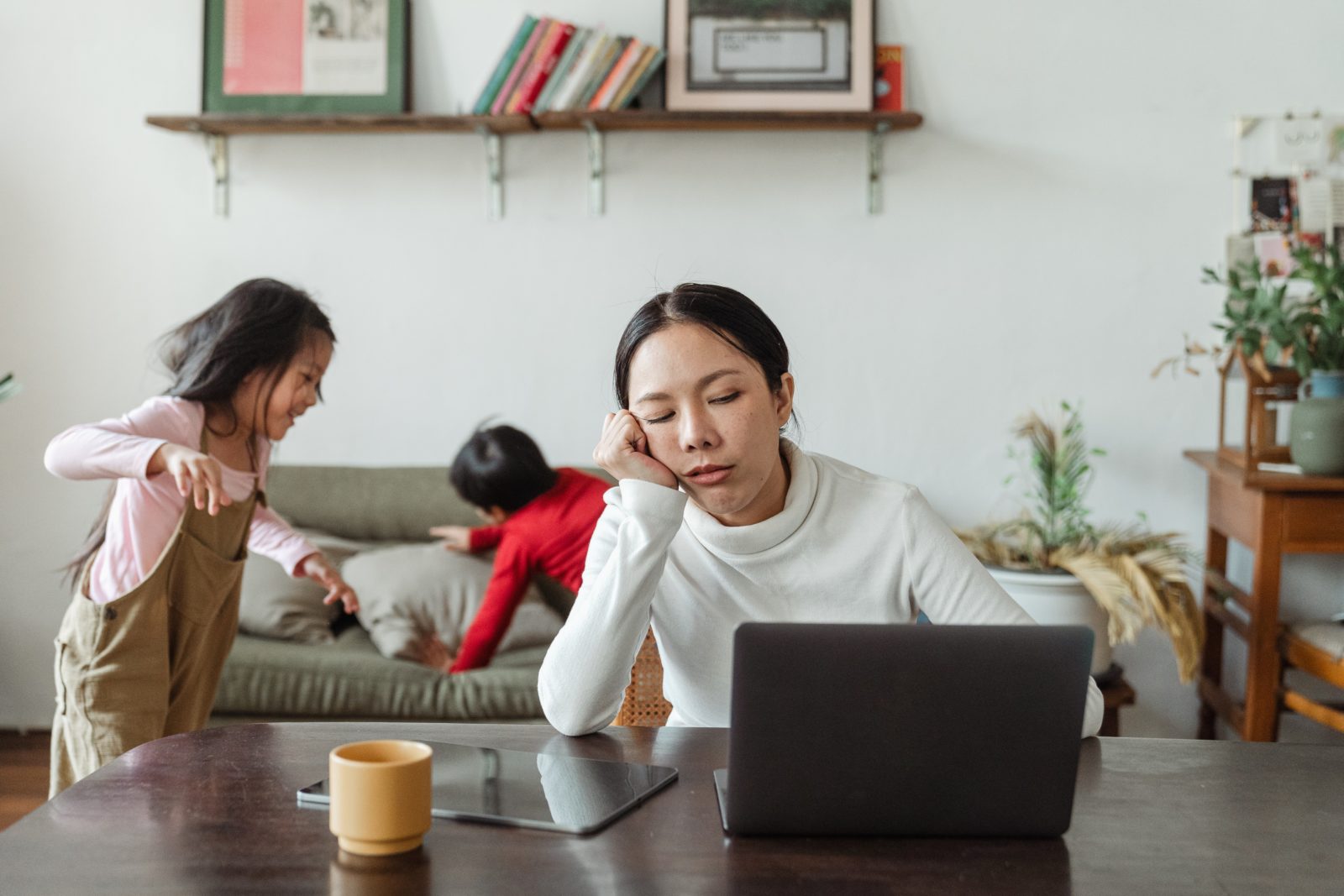Unfortunately the spread of the Delta-variant COVID-19 virus shows no sign of slowing as the public health restrictions in place for Greater Sydney continue for another month. On top of causing difficulty in most other aspects of our lives, being in lockdown can also present particular problems for people separating, experiencing relationship issues, or with post-separation arrangements in place. Below, Hunt & Hunt sets out some of the most common family law COVID questions, to better help you navigate your way through.
Q – There is a parenting plan/Court orders in place for my children to live/spend time with both me and the other parent. Do changeovers still need to occur?
A – Yes. The NSW Government has specifically listed “continuing existing arrangements for access to, and contact between, parents and children” as a reasonable excuse to leave your home. As such, the current COVID-19 lockdown generally is not a valid reason for one parent to unilaterally retain the children. Failing to comply with changeover or spend time provisions may constitute a contravention of Court Orders.
However, it may be the case that your current parenting arrangements or Orders are simply not feasible with the current COVID-19 restrictions (for example, if the Orders provide for a child to travel interstate). It is important to at all times consider what is in the best interests of the child in question. If you are unsure about how to proceed regarding children’s arrangements, disputes or Court Orders, speak to your family lawyer.
Q – My relationship has broken down, but I can’t move out. Are we still separated if we’re stuck living together?
A – It is both possible and common for couples to separate while living under the same roof, and being under the same roof does not change your post-separation options or entitlements.
Separating under one roof does, however, often make it more difficult to determine the exact date you and your partner separated. Often, a separation will not practically occur all at once, but will be a gradual process of many steps. There are many factors which can be taken into account when determining when a separation has occurred.
The date of separation can be relevant to some family law proceedings and affect certain legal timelines. If you have questions or concerns about determining your date of separation, speak to your family lawyer.
Q – I have a matter in Court. How will the COVID-restrictions affect that?
A – To control the risk to Court staff and litigants, a large majority of listings and events in the Federal Circuit Court and the Family Court have been moved to take place online via Microsoft Teams. Practically, this means for most Court appearances you will now no longer physically attend the Court building but join in remotely on a phone or laptop instead.
The Family Law Courts have also created a “COVID-19 List”, which is a special list of urgent family law applications filed as a direct or indirect result of (or have significant connection to) COVID-19. If you think your matter may be suitable for the COVID-19 List, please speak to your family lawyer.
Outside of the COVID-19 List, the general impact of COVID-19 on the Courts has been to exacerbate pre-existing delays. For further information about Court proceedings or alternatives to going to Court, you should again speak to your family lawyer.
Q – COVID-19 has significantly changed the value of my property or business. How will this affect my property settlement?
A – A change in value to significant assets can have a big impact on the outcome of a post‑separation property settlement. It is important that the values that parties use when working out how to divide assets be as accurate as possible. As such, it may be necessary and appropriate to get a professional valuation for assets like houses or business, or get a new valuation if one was last done pre-pandemic.
If you believe a significant asset is being incorrectly valued, or if you’re concerned a valuation may be substantially wrong, contact your family lawyer to discuss you options.
Q – I am experiencing domestic or family violence and am unsure where to go. What do I do? Can I even leave during lockdown?
It is always a reasonable excuse to leave your home to avoid injury or illness, to escape the risk of harm, or in case of emergencies. This includes domestic and family violence, both to you and to your children.
If you are suffering from or concerned about domestic or family violence, you should consider contacting:
- The NSW Domestic Violence Crisis on 1800 656 463
- 1800 Respect (1800 737 732)
- Mensline Australia on 1300 789 978
- In cases of emergency, the Police on 000
There are a number of institutions and organisations in NSW and Australia which can help provide emergency housing and support. You can contact Link2Home on 1800 152 152 or a variety of other not-for-profit organisations such as the Salvation Army, Wesley Mission and Women’s Community Shelters. Hunt & Hunt is also proud to partner with The Northern Centre, a community organisation who can provide assistance to people and families in the Ryde and Northern Sydney area. The Northern Centre can be contacted through their website or on their direct number, 02 9334 0111.
Q – Is it in the best interests of my child to get the COVID-19 vaccination?
A – Parents should always follow the advice of their doctor, the government, and public health officials when making health decisions for their children.
Historically, the Family Court has generally been of the view that it is in the best interests of children to be vaccinated in accordance with the National Immunisation Programme Schedule unless there is expert medical evidence that this would not be appropriate.
Article prepared by: Benjamin Keyworth, Associate









